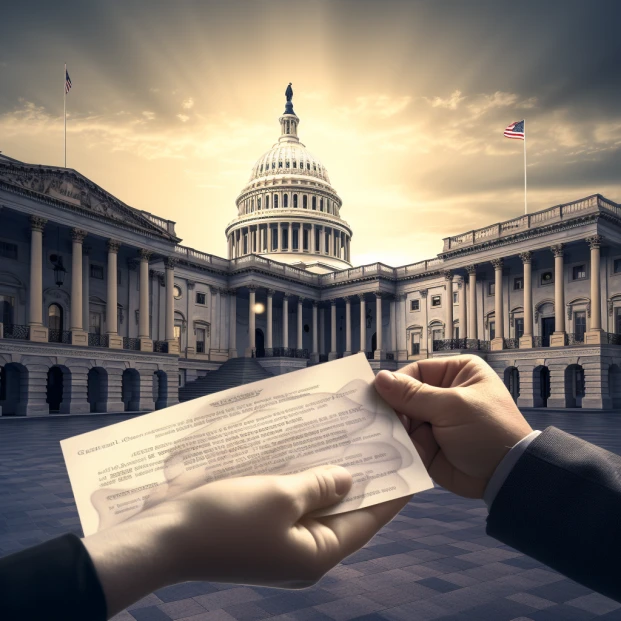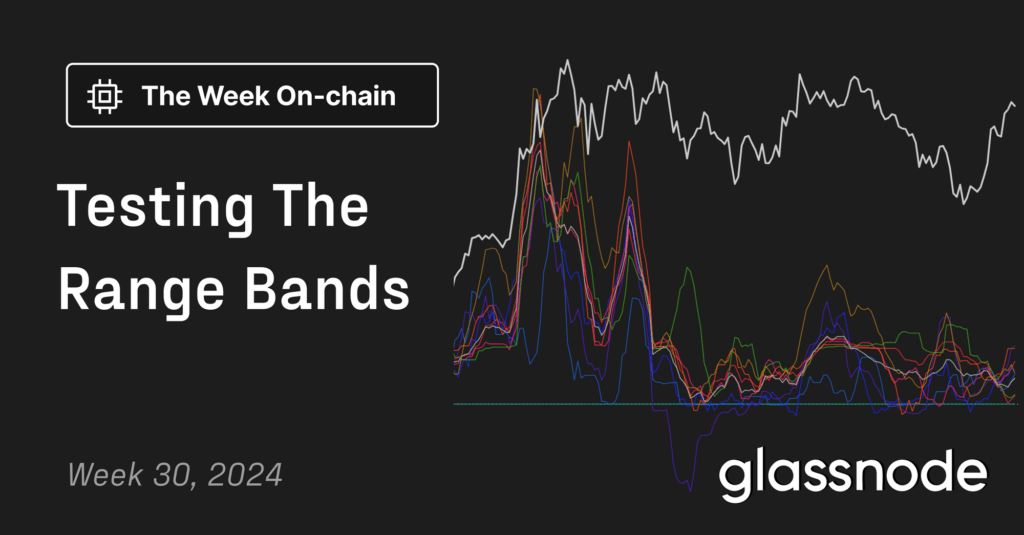Research Summary
The report discusses the U.S. Treasury’s legislative proposals concerning its jurisdiction over digital assets and the House Financial Services Committee’s hearing on financial innovation and regulation. The Treasury’s proposals aim to define a new cryptocurrency-related category of ‘financial institution’ under the Bank Secrecy Act, clarify the Office of Foreign Assets Control’s authority over USD-backed stablecoins, and extend jurisdictions to offshore cryptocurrency platforms. The hearing highlighted the hostility of federal regulatory agencies towards innovation.
Key Takeaways
Treasury’s Legislative Proposals on Digital Assets
- Defining a New Cryptocurrency-Related Category: The Treasury has proposed to Congress to define a new category of ‘financial institution’ under the Bank Secrecy Act (BSA) that includes exchanges, wallet providers, validator nodes, and other DeFi services. This move aims to bring these entities under the regulatory purview of the Treasury.
- Clarifying OFAC’s Authority Over USD-Backed Stablecoins: The Treasury has suggested that the Office of Foreign Assets Control (OFAC) should have authority over USD-backed stablecoins, even those outside the U.S. This would grant the Treasury “extraterritorial reach”, extending its jurisdiction beyond domestic boundaries.
- Extending Jurisdiction to Offshore Cryptocurrency Platforms: The Treasury has proposed to extend the jurisdictions of the BSA and the International Emergency Economic Powers Act (IEEPA) to entities abroad with defined U.S. touchpoints. This targets offshore cryptocurrency platforms, bringing them under U.S. regulatory oversight.
HFSC Hearing on Financial Innovation and Regulation
- Testimony from Financial Regulatory Agencies: Representatives from financial regulatory agencies’ innovation offices provided testimony on their work during the hearing. The Subcommittee noted that many of these offices have been restructured or repurposed from their original mandates, indicating a shift in their focus and approach.
- Concerns Over Regulatory Ambiguity: Majority Whip Tom Emmer expressed concerns over the SEC’s commitment to regulatory ambiguity, stating that it is not adhering to the law and is the reason why the SEC keeps losing in court. This highlights the need for clear and balanced regulatory frameworks.
- Hostility Towards Innovation: The hearing underscored the hostility of federal regulatory agencies towards innovation, despite their core purpose being to foster it. This suggests a disconnect between the agencies’ mandates and their actions, potentially hindering the growth and development of innovative technologies like DeFi.
Actionable Insights
- Understanding the Implications of Regulatory Proposals: Stakeholders in the cryptocurrency and DeFi space should closely monitor and understand the implications of the Treasury’s legislative proposals. These proposals could significantly impact the operations and regulatory compliance requirements of exchanges, wallet providers, validator nodes, and other DeFi services.
- Preparing for Extended Jurisdiction: Offshore cryptocurrency platforms and entities dealing with USD-backed stablecoins should prepare for the possibility of coming under U.S. regulatory jurisdiction. This could involve understanding U.S. regulatory requirements and implementing necessary compliance measures.
- Advocating for Balanced Regulatory Frameworks: Stakeholders should advocate for clear, actionable, and balanced regulatory frameworks that do not undermine the essence of innovative technologies. This could involve engaging with regulators and policymakers to ensure that the regulatory environment supports, rather than hinders, innovation in the financial sector.













